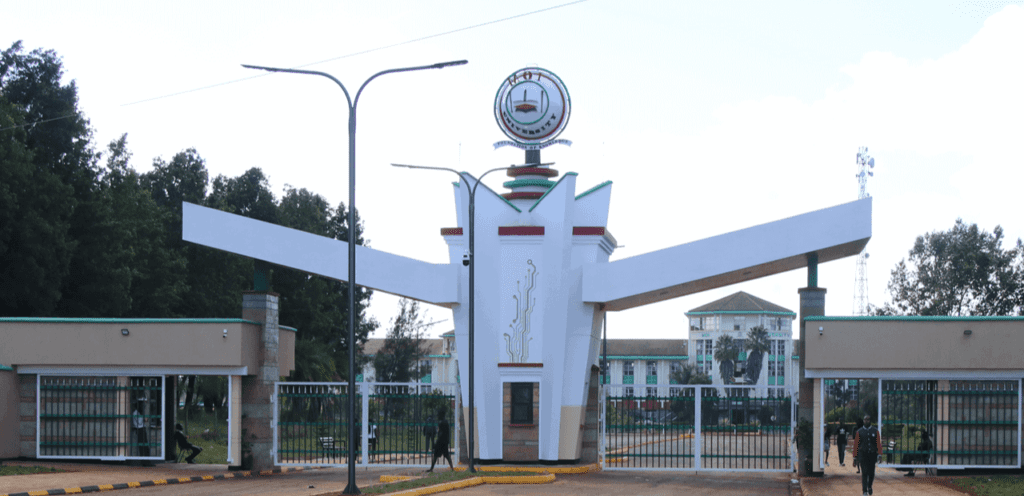
Moi University has identified inadequate finances as its primary challenge, struggling in recent years to generate sufficient revenue to meet its expenditures.
In a statement on Tuesday, November 26, the university council attributed its financial woes to reduced government funding and declining student enrollment in undergraduate programs, a key source of revenue for the institution.
“Since the introduction of the differentiated unit cost model of university funding, the government has progressively reduced capitation grants from the expected 80% of the cost of an academic program to about 38% at the time of its replacement,” said the council’s chairman, Humphrey Kimani.
Kimani explained that in the 2023/2024 financial year, the monthly capitation was sh202 million, which primarily went toward meeting payroll costs of Ksh370 million. This was as the university implemented the 2017/2021 CBA on a horizontal basis, following advice from the Salaries and Remuneration Commission. However, for the 2024/2025 financial year starting in July 2024, the monthly capitation dropped to Ksh89 million, creating a monthly payroll gap of Ksh314 million.
Kimani assured that the institution had engaged the government for additional resources to address the payroll deficit, and an initial funding of Ksh3.5 billion had been committed.
“The payroll gap resulting from a mismatch in revenues and expenditure caused delays in salary payments and remittance of statutory and third-party deductions. Contrary to assertions that the university deducted and failed to remit funds, the reality is that revenues only sufficed to meet net payroll costs,” Kimani explained.
He added that, with government intervention, Moi University has begun paying gross payroll costs and remitting statutory and third-party deductions.
“The university remains in discussions with all relevant entities to find a mutually beneficial solution, while consultations with the government for additional resources to address outstanding arrears are ongoing. The university declared over Ksh7 billion in pending arrears, dating back to 2015, to the Pending Bills Verification Committee of the National Treasury for possible settlement,” he said.
Addressing allegations of Ksh2.2 billion embezzlement, Kimani dismissed the claims as inaccurate and misleading.
“The reports suggesting that over Ksh2.2 billion was squandered on capital development projects are untrue. The amount cited represents the total cost of the projects under scrutiny, some of which have not even started, and others awaiting requisite funding from the government,” Kimani clarified.
Kimani emphasized the council’s commitment to securing the university’s long-term financial stability. He noted that the institution is actively pursuing strategies to diversify its revenue streams to mitigate future financial challenges.




